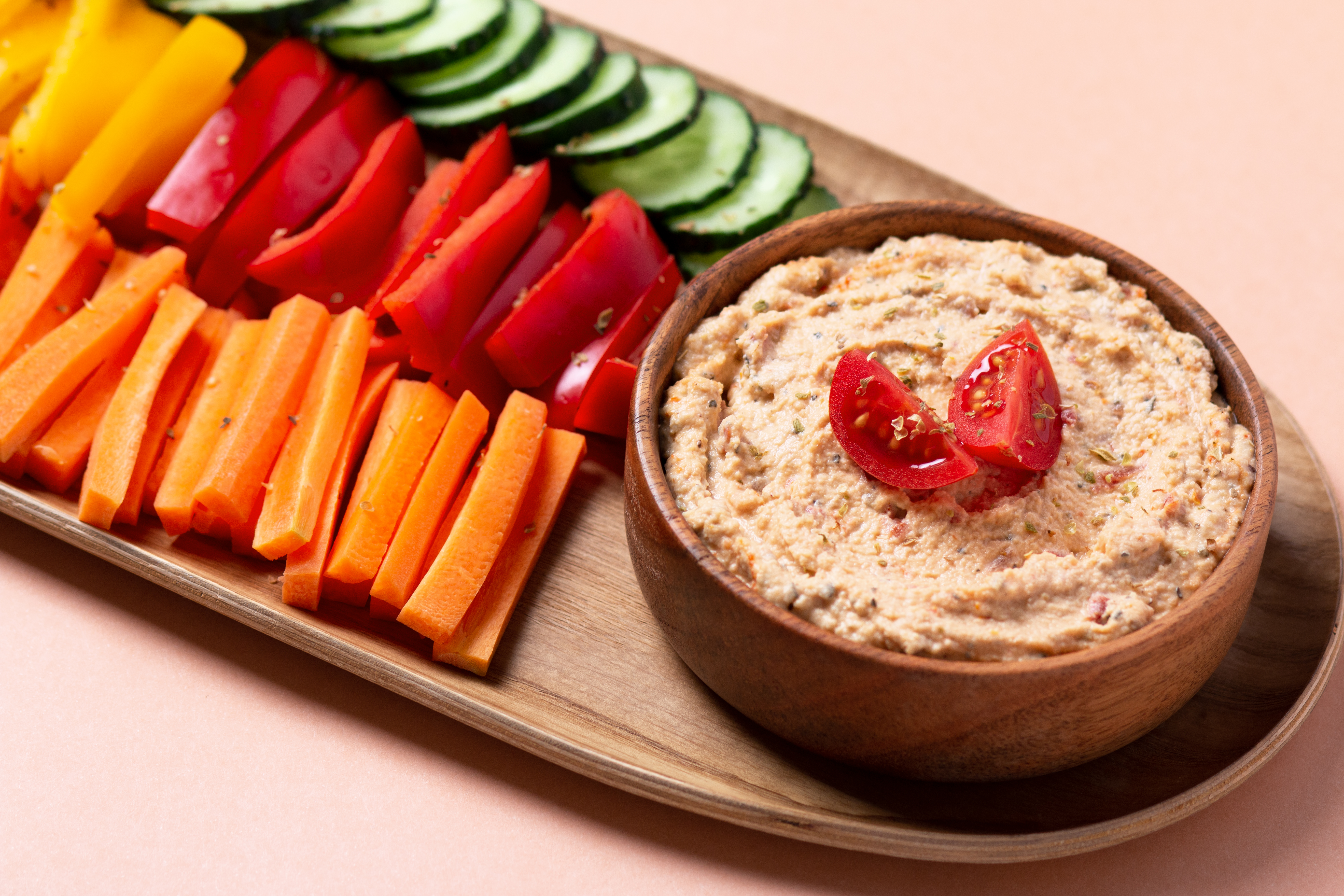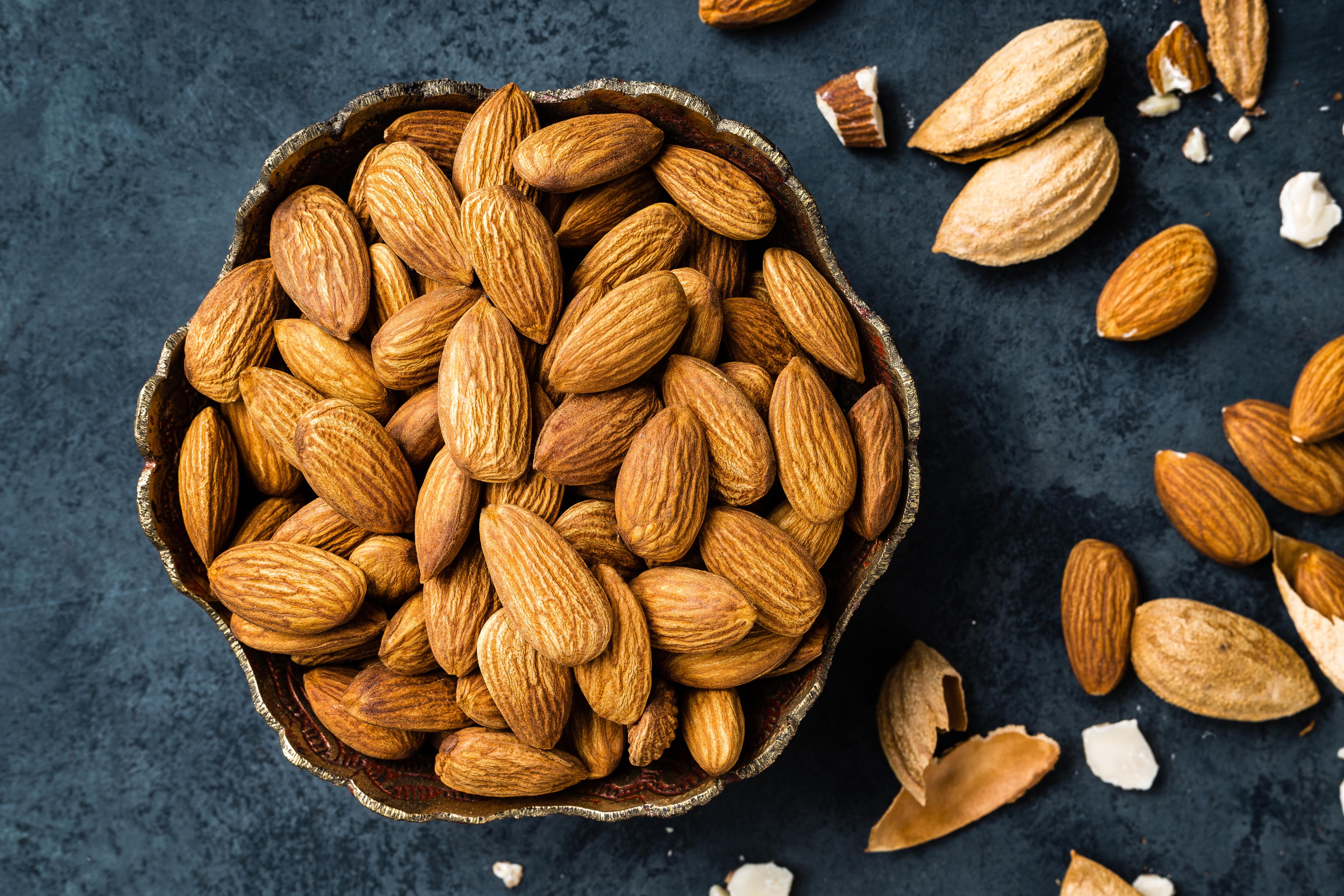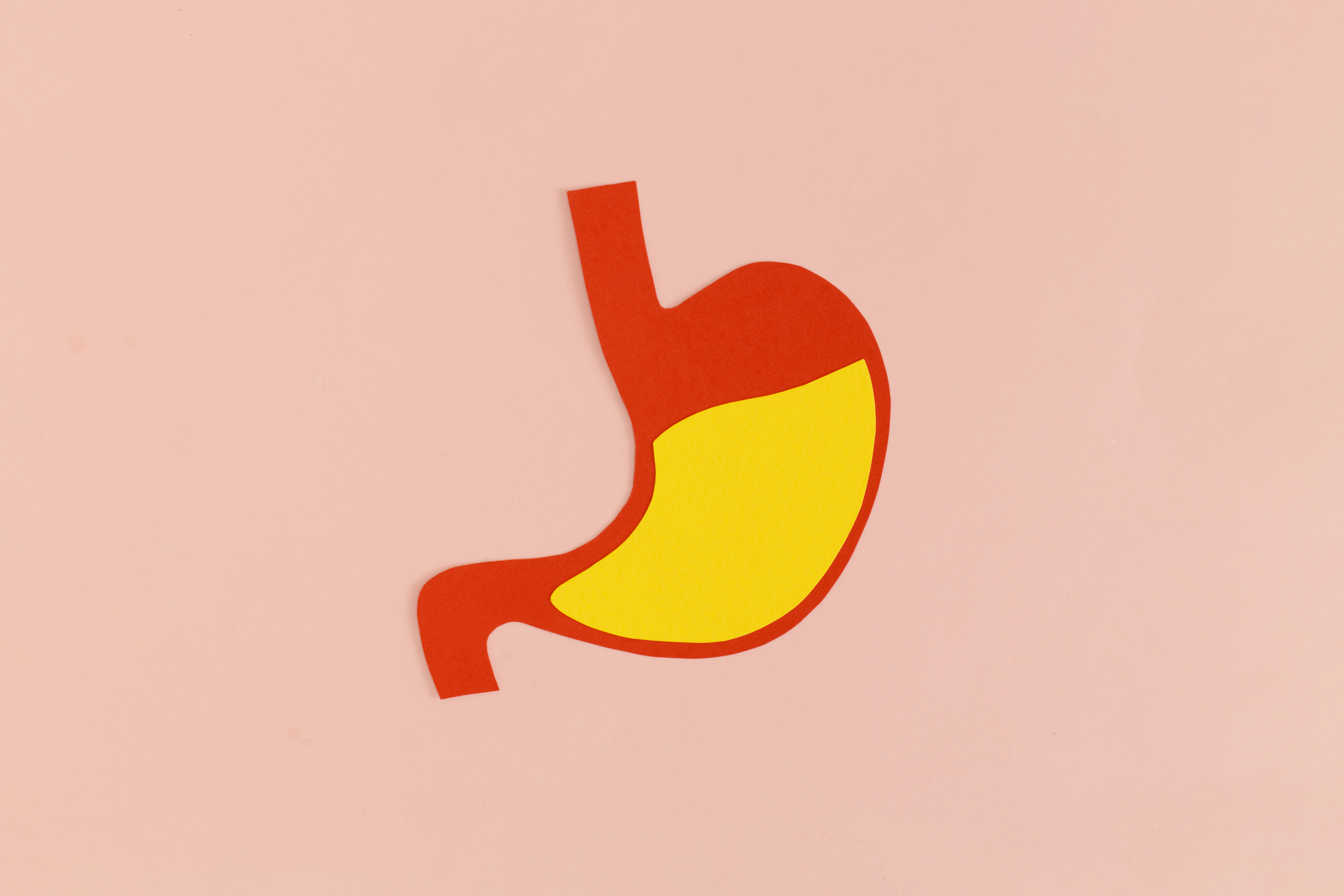Best Time of Day to Eat for Better Digestion
In the fast-paced world we live in, maintaining a healthy digestive rhythm can often seem like a daunting task. Yet, the timing of our meals is just as crucial as the food we choose to consume. Crafting a daily digestive rhythm involves understanding the optimal moments to enjoy our meals for both comfort and health. This guide explores the top 10 moments throughout the day when eating can enhance your digestive health, improve nutrient absorption, and contribute to overall well-being. By syncing your eating schedule with your body’s natural rhythms, you can achieve a harmonious balance that supports a healthier lifestyle.
1. Morning Hydration and Metabolism Kickstart

The first meal moment begins with hydration upon waking. Drinking a glass of water kickstarts your metabolism and prepares your digestive system for the day ahead. Water aids in flushing out toxins accumulated overnight and primes your stomach for nutrient absorption. This simple act can boost your energy levels and improve cognitive function, setting a positive tone for the day. Adding a slice of lemon or a splash of apple cider vinegar can further enhance digestive enzymes and promote gut health. By starting your day with hydration, you're laying the groundwork for a day of balanced digestion.
2. Breakfast: Fueling Your Body Right

Breakfast is often hailed as the most important meal of the day, and for good reason. Eating a balanced breakfast within two hours of waking can stabilize blood sugar levels and provide the energy needed for morning activities. Opt for a mix of protein, healthy fats, and complex carbohydrates to keep hunger at bay and support sustained energy release. Foods like oatmeal, eggs, and yogurt are excellent choices that provide essential nutrients and promote satiety. A well-rounded breakfast not only fuels your body but also sets the pace for your digestive rhythm throughout the day.
3. Mid-Morning Snack: Bridging the Energy Gap

As the morning progresses, a mid-morning snack can help bridge the gap between breakfast and lunch. This is particularly beneficial if you have a long stretch between meals. Choose snacks that are high in fiber and protein, such as a handful of nuts, a piece of fruit, or a small smoothie. These options help maintain your energy levels and prevent overeating during lunch. Listening to your body’s hunger cues and responding with a nutritious snack can prevent blood sugar dips and keep your digestive system functioning smoothly.
4. Lunchtime: The Midday Reboot

Lunchtime is a pivotal moment in maintaining your digestive rhythm. Eating a well-balanced lunch can rejuvenate your energy and prevent the afternoon slump. Incorporate a variety of colorful vegetables, lean proteins, and whole grains to ensure a nutrient-dense meal. Eating mindfully, away from distractions, allows you to savor your food and recognize satiety signals. This practice not only aids digestion but also enhances the overall dining experience. Taking a short walk post-lunch can further aid digestion by stimulating gastric juices and promoting motility.
5. Afternoon Pick-Me-Up: Energize Without Overloading

An afternoon snack is an opportunity to refuel without overloading your system. Choose snacks that provide a gentle energy boost, such as a small serving of hummus with veggies or a piece of dark chocolate. This moment is about maintaining alertness and concentration without compromising your digestive comfort. Staying hydrated is equally important during this time, as it supports metabolic processes and prevents fatigue. By making mindful choices, you can sustain your digestive rhythm and keep your energy levels steady throughout the afternoon.
6. Pre-Dinner Wind Down: Preparing for the Evening Meal

As the day transitions into evening, it’s essential to start winding down your digestive system. This period is perfect for a light, nutrient-rich snack if dinner is still a few hours away. Foods like a small salad or a cup of herbal tea can help bridge the gap without overwhelming your stomach. This moment is also an opportunity to reflect on your day and practice gratitude, which can reduce stress and positively impact digestion. Preparing your body and mind for the evening meal ensures that you approach dinner with a calm and receptive digestive system.
7. Dinner: The Evening Nourishment

Dinner is a time for nourishment and relaxation. Eating a balanced meal a few hours before bedtime allows your body to digest food efficiently without hindering sleep quality. Focus on lean proteins, healthy fats, and a variety of vegetables to support digestive health and promote restful sleep. Avoid heavy, greasy foods that can lead to discomfort and disrupt your digestive rhythm. Creating a calming dining environment with dim lighting and soft music can enhance the experience, making it a time to unwind and enjoy the flavors of your meal.
8. Post-Dinner Digestive Aid: Gentle Movement

After dinner, engaging in gentle movement can aid digestion and prevent discomfort. Activities such as a leisurely walk or light stretching can help stimulate gastric juices and promote gastrointestinal motility. This practice not only supports digestion but also provides an opportunity to clear your mind and reflect on the day. Avoid vigorous exercise immediately after eating, as it can divert blood flow away from the digestive tract. By incorporating gentle movement into your post-dinner routine, you’re supporting your digestive rhythm and setting the stage for a restful night.
9. Evening Hydration: Preparing for Rest

As the day winds down, evening hydration becomes crucial for maintaining your digestive rhythm. A glass of water or herbal tea can aid in digestion and help your body detoxify overnight. Chamomile or peppermint tea are excellent choices as they soothe the digestive tract and promote relaxation. Staying hydrated supports metabolic processes and ensures that your body is prepared for the restorative processes that occur during sleep. By prioritizing hydration in the evening, you’re nurturing your digestive system and setting the stage for a new day of balanced eating.
10. Mindful Midnight Snack: If Necessary

While it’s best to avoid late-night eating, there are times when a small, mindful snack can be beneficial. If you find yourself genuinely hungry before bed, opt for a light snack that’s easy to digest, such as a banana or a small handful of almonds. This can prevent disruptions in sleep caused by hunger pangs. It’s crucial to listen to your body and distinguish between true hunger and cravings. By choosing a nutritious option and eating mindfully, you can satisfy your hunger without compromising your digestive rhythm.
Harmonizing with Your Digestive Rhythm

Crafting a daily digestive rhythm is about more than just timing your meals; it’s about creating a harmonious relationship with your body’s natural processes. By understanding the optimal moments to enjoy your meals, you can enhance digestion, improve nutrient absorption, and support overall health. Each meal moment, from morning hydration to a mindful midnight snack, plays a vital role in maintaining a balanced digestive rhythm. Embracing these practices not only promotes physical well-being but also fosters a deeper connection with the body, leading to a more mindful and fulfilling lifestyle.